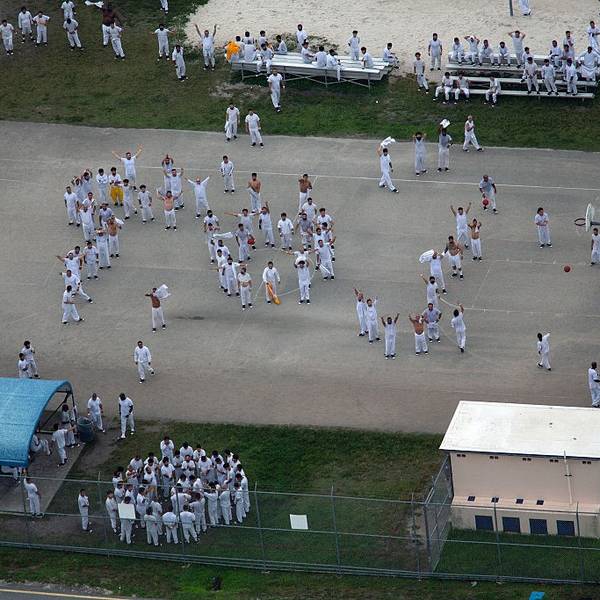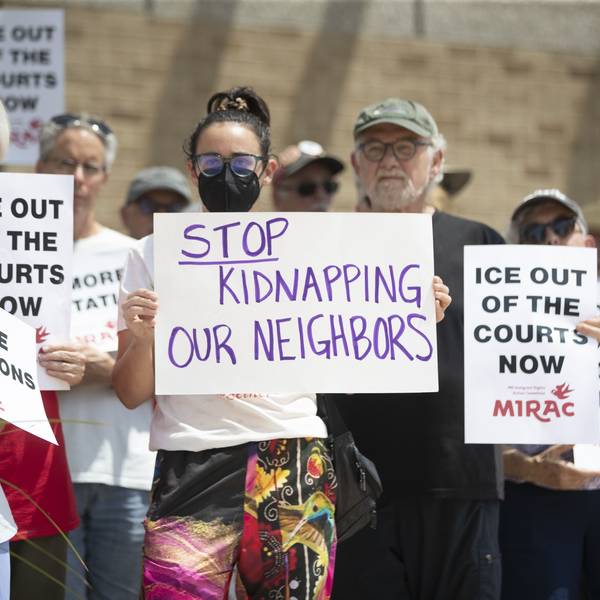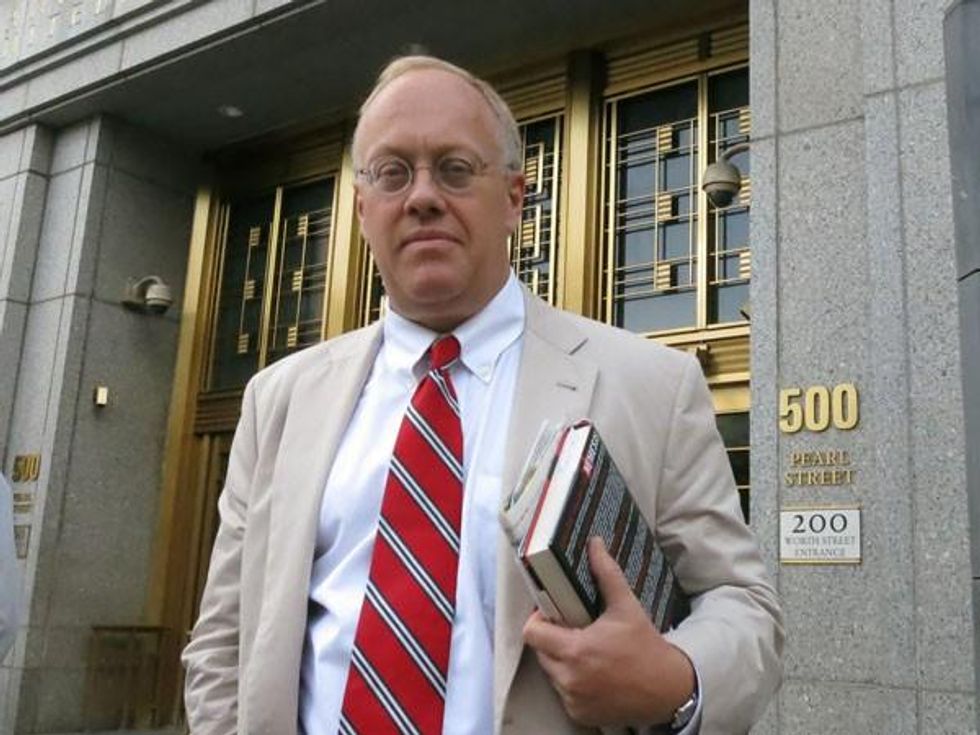You can't change the world if you don't believe in impossible things. On Wednesday, I was reminded that my obstinate faith in the ability of citizens to stand up against an all-out assault on civil liberties by my own government is not so absurd, after all. Judge Katherine Forrest (an Obama-appointed judge) granted people everywhere a permanent injunction against an unconstitutional provision, section 1021, in the NDAA - and thus a reprieve from the terror of being indefinitely detained by the US military, without charge, evidence or trial.
These incredible powers that my government asserted were its absolute right to possess have been held in check by one judge, seven plaintiffs, four attorneys, public figures who publicized our case when national media would not, and supporters around the globe who pitched in to help cover court costs. My government is so unresponsive, our politics so compromised and our slide away from a democratic republic and toward tyranny so steep, that despair and paralysis would have been the more "normal" reaction in the face of things.
What I had, however, was a redhead's temper and a fierce sense that we would be in trouble under this law just for doing our work to defend civil liberties. I work with an international volunteer team of people who are dedicated to restoring rights, justice, sanity and decency to our world. And since we had come together and defended WikiLeaks and Bradley Manning - these pariahs of secretive governments - and since we were hosting online panel discussions with scholars and dissidents and were about to add to them Middle Eastern revolutionaries, and because I feel responsible for this team of people that I lead, I was not about to stand down on the NDAA.
It made me see red to think that with the highest of hopes and most altruistic of aims, I could have led innocent people into danger. This NDAA clause meant that we could be labeled "associated forces" of terrorists simply because I had been in direct contact with WikiLeaks, or because I wanted to ask Iraqi citizens on film how it felt to have my country kill their family members in a war founded on lies.
My country has worked hard to define and limit the parameters and power of our resistance to this downward slide. A long list of travesties, including the exponential increase in government secrecy, systematic denial of FOIA requests by national security agencies, the building of a surveillance state and the loss of fundamental rights to privacy, the persecution of whistleblowers and the criminalization of protest ... all have formed a disconcerting tapestry. Paired with cynical euphemisms ("extraordinary rendition" rather than kidnapping, "enhanced interrogation" rather than torture) and disingenuous rhetoric on the part of the president, the context for the NDAA has become an Orwellian milieu where abuses are "justice" and "American liberty" is secured by taking our rights away. The NDAA was the piece de resistance: its attempt to dramatically expand the power of the federal government to pick and choose who the "terrorists" are would have been a power that could see journalists and activists indefinitely detained merely for exercising our rights of free speech.
In court, government attorneys repeatedly refused to define what they meant by key terms - "associated forces", "material support", and "independent" advocacy and journalism. Did our support for WikiLeaks make us "associated forces" of a group some in my government have labeled as terrorists? Would a panel with a member from Hamas be constituted as our providing the organization material "support"? Judge Forrest asked my government similar questions in her ruling:
"Where is the line between what the government would consider 'journalistic reporting' and 'propaganda'? What does 'independent' mean? Who will make such determinations? Will there be an office established to read articles, watch videos, and evaluate speeches in order to make judgments along a spectrum of where the support is 'modest' or 'substantial'."
Thanks to a small handful of determined citizens and a judge who didn't roll over in the face of accusations of interfering with the laws of war, there will be no need for such an office. Sometimes, it is worth believing in impossible things - like standing up to the United States government, and daring to believe you can win. Sometimes, we do. And because we did, for now at least, and for most of us, due process still stands.


